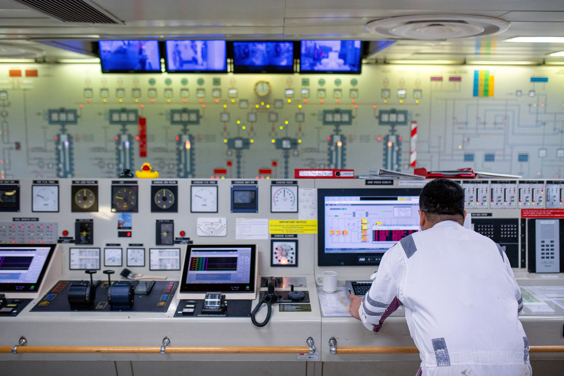By partnering with industry stakeholders and pioneers, our aim is to forward knowledge that improves the monitoring and maintenance of vessels, ensuring the safety of people, assets, and the environment, with the support of digital technologies. Within this framework, we explore technological advancements, which not only enhances operational efficiency but also promotes sustainability and safety standards across the maritime sector.
- Boost vessel efficiency with Data-driven Condition Based Maintenance
- Manage alarm overload
Timely and effective maintenance of seagoing ships is crucial for the maritime industry to transport cargo safely and efficiently. Proper maintenance reduces accidents and delays and ensures crew safety. While it incurs costs, it prevents more expensive repairs and improves fuel efficiency, benefiting both the company and the environment. New research identifies the significant impact on vessel efficiency and reliability from the adoption of data-driven Condition Based Maintenance (DCBM).
New research reveals that on a challenging day of ship operations aboard cruise vessels, there can be upwards of 25,000 alarms in the machinery space alone. Seafarers often face unpredictability and uncertainty when something suddenly happens onboard a vessel, making alarm management crucial. With the safety of crew and vessels in mind, greater regulation of alarm systems is essential for the maritime industry. This is especially critical given the industry's ambitions of autonomy, which necessitate shore-based remote control centers and the adoption of novel and more hazardous fuels.














